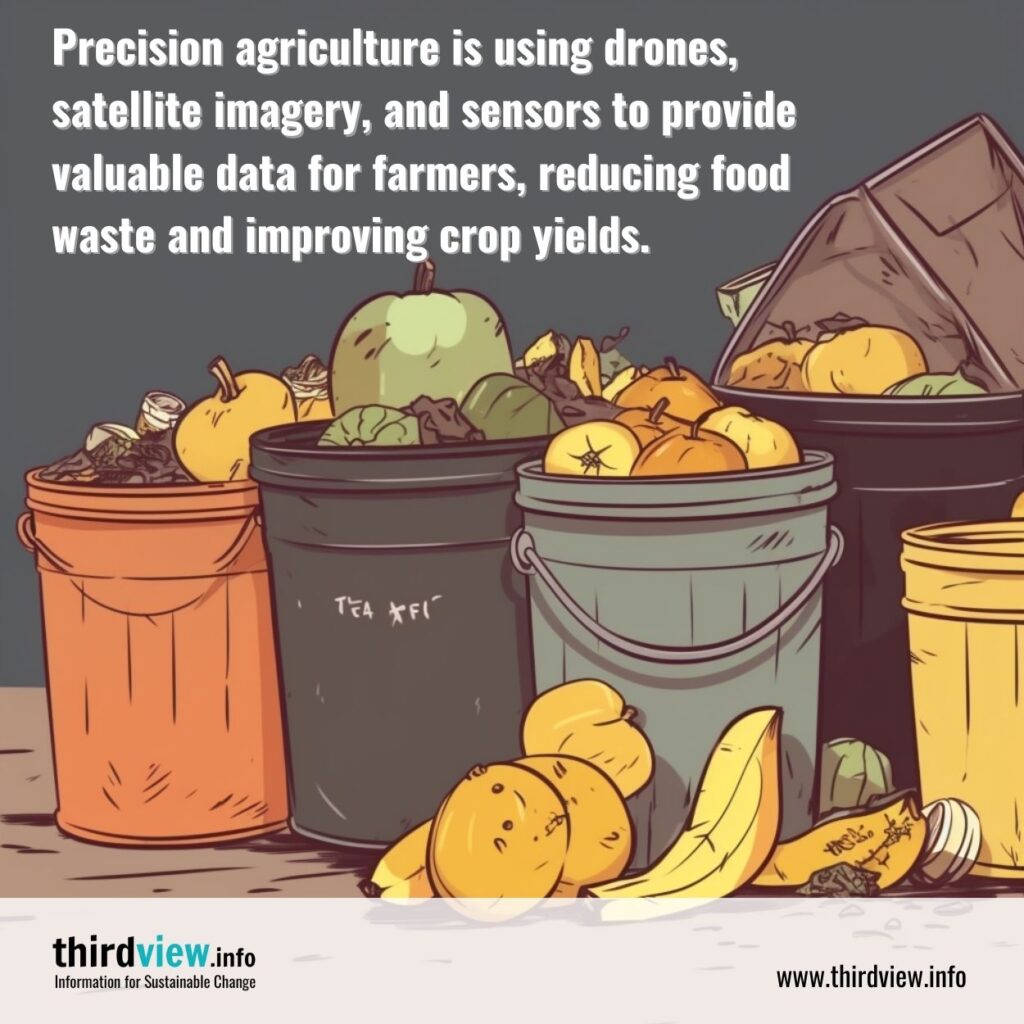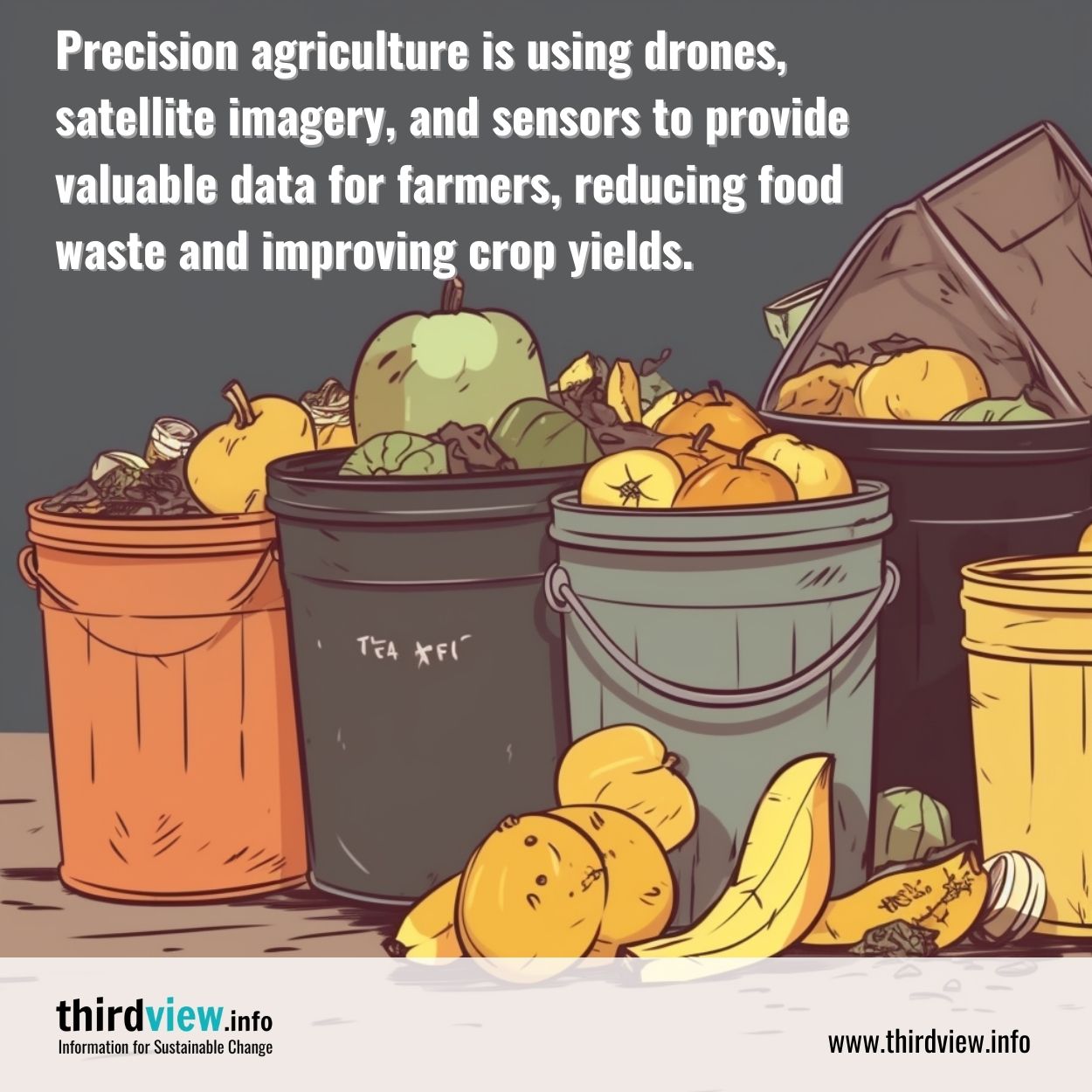In a world where millions of people go hungry every day, it is shocking to know that one-third of the food produced globally goes to waste. Food waste doesn’t just involve tossing leftovers; it is a significant challenge for both the environment and the economy. Fortunately, advancements in technology have sparked innovative solutions to reduce food waste. This blog post explores how technology is playing a crucial role in reducing food waste, from farm to plate.
Smart Storage and Logistics
Inefficient storage and transportation are among the leading causes of food waste. However, technology is solving this problem with smart storage and logistics systems. For instance, sensors and IoT-enabled devices are being used to monitor and maintain optimal storage temperatures and humidity levels, preventing food spoilage. Smart logistics systems are helping to facilitate the efficient transportation of food from farms to markets, reducing food waste along the supply chain.
Food-Sharing Apps
Food-sharing apps, such as Too Good To Go, are a new and innovative way to reduce food waste. These apps connect users with nearby restaurants or supermarkets that have leftover or unsold food at discounted prices. The app helps to prevent food waste while providing users with affordable meals, reducing financial stress for low-income families.
Precision Agriculture
Agriculture faces several challenges that contribute to food waste. For instance, lack of proper irrigation, over-application of pesticides and fertilizers, and soil degradation reduce crop yields. However, precision agriculture leverages technology such as drones, satellite imagery, and sensors, to provide farmers with valuable data to make informed decisions. This includes monitoring soil health, optimal planting times, and nutrient management, reducing food waste and improving crop yields.
Composting Technologies
One of the ways to combat food waste is to convert food scraps into compost, which can be used as a soil amendment to help grow more food. Nowadays, composting has become more accessible and efficient with composting technologies such as aerobic digesters and vermiculture. These technologies help to break down organic matter into nutrient-rich compost in a shorter time, reducing food waste and greenhouse gas emissions.
Blockchain traceability
Transparency in the supply chain is essential for reducing food waste. Blockchain technology provides end-to-end traceability, allowing consumers to track the journey of their food from farm to fork. This information helps to prevent food waste by reducing spoilage and ensuring that food is consumed before it turns bad.
Food waste is a significant challenge for both the environment and the global economy. Fortunately, technology has introduced innovative solutions to reduce food waste at every step from farm to plate. By leveraging smart storage and logistics, food-sharing apps, precision agriculture, composting technologies, and blockchain traceability, we can all play a role in reducing food waste and creating a sustainable future.


